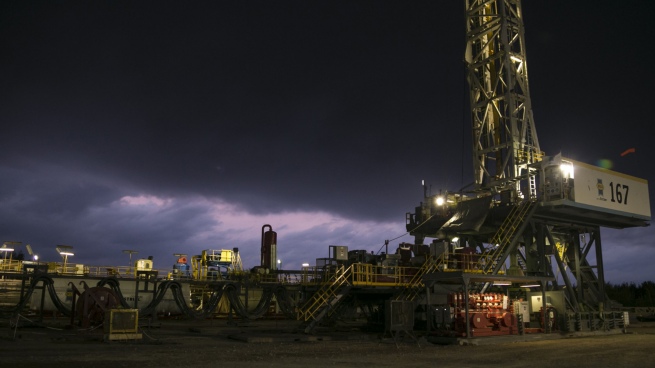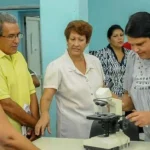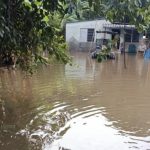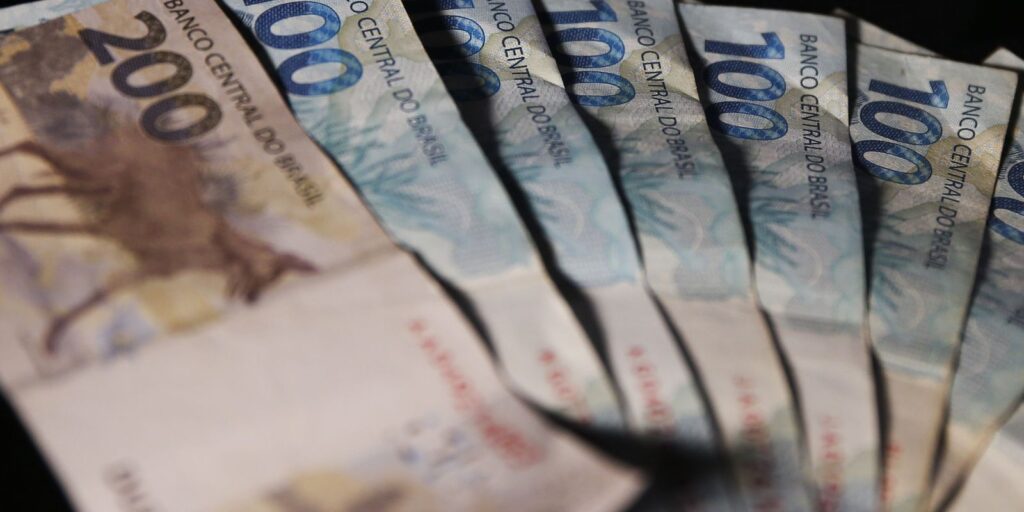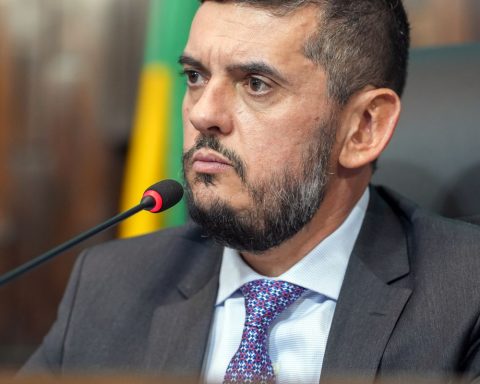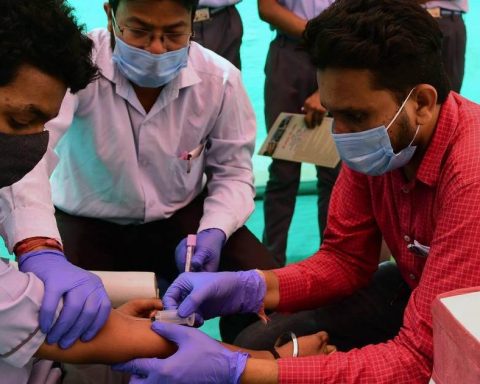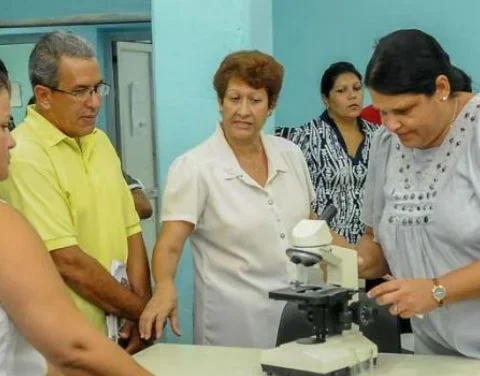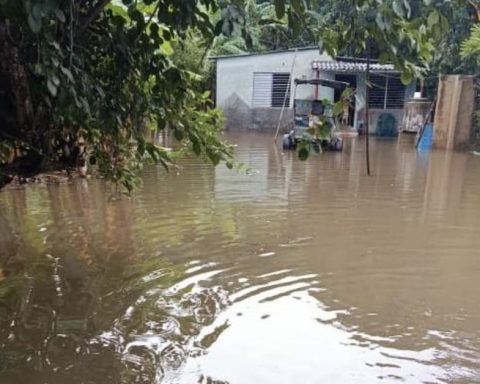The YPF oil company projects the construction of an oil pipeline between Vaca Muerta and the Punta Colorada port of Sierra Grande, in the province of Río Negro, where it will deploy a mega maritime terminal that will become the largest oil exporting port in the country, with an investment total of US$ 1,260 million.
The details of the project emerged this Thursday, after the meeting held by the president of YPF, Pablo González, with provincial legislators, who launched the process for the modification of a provincial law that enables the construction of the pipeline.
The modification of the norm achieved this same Thursday half sanction with the accompaniment of the majority of the legislators that make up the blocks of Together We Are Río Negro (JSRN), the Front of All (FdT), Together for Change (JxC) and Unit Citizen.
Within the framework of what is established by the Rio Negro Constitution, the project that already has half sanction will be disclosed in detail to receive consideration from public opinionuntil the next session that is expected to take place in 15 days.
According to the project presented, the pipeline will transport 60,000 cubic meters per day, equivalent to 372,000 barrels of crude oil, and will extend along 700 kilometers, of which 635 will be in Rio Negro territory.
The work will connect the existing oil exploitation in Neuquén’s Vaca Muerta formation with the port of Punta Colorada, in Río Negro, through a pipeline, for the shipment of production by means of offshore monobuoys located about 6.7 kilometers from the coast.
According to the project presented, the pipeline will transport 60,000 cubic meters per day, equivalent to 372,000 barrels of crude oil, and will extend along 700 kilometers, of which 635 will be in Rio Negro territory.
The planned capacity will be much higher than that currently available in the Oleoductos del Valle (Oldelval) system, which connects Vaca Muerta with Puerto Rosales, in the Bahía Blanca maritime complex.which transports about 36,000 cubic meters/day.
Its impact will also extend to the Hiring no less than a thousand people directly and another three thousand indirectlyand the mobilization of hundreds of suppliers.
in that frame It is estimated that through the Rio Negro port station, starting in 2025, a ship can be dispatched every five days with a capacity of 390,000 cubic meterswhich on an annual level could add up to a total volume of 25 million cubic meters, equivalent to 155 million barrels of oil.

The project also contemplates the construction of 20 reserve tanks on an area of 250 coastal hectares, with a storage capacity of 1 million cubic meters, equivalent to 6.2 million barrels. It was also announced that the procedures for the purchase and manufacture of materials are currently being initiated, while the start of works on the first section between Vaca Muerta and the town of Allen is expected for March next year.
As detailed, González said that “the maritime station will be the largest crude oil exporting port in Argentina” and stressed that the project “does not interfere in anything with the green hydrogen project.” It is estimated that around 100 direct jobs will be created for the maintenance and operation of the pipeline and that laying it will require an investment of some US$660 million.
“The maritime station will be the largest crude oil exporting port in Argentina”Pablo Gonzalez, President of YPF
Meanwhile, the creation of the onshore station with 20 tanks and the offshore station with the two monobuoys will require the disbursement of another US$600 million.
Rio Negro law prohibits since 1995 the prospecting, exploration and extraction of oil and gas in the San Matías Gulf and in the territorial sea of the Patagonian province. It also restricts the installation of oil pipelines, gas pipelines or other pipelines for the transportation of hydrocarbons and their derivatives and the construction of terminals for the loading and unloading of ships that transport these products.
Alternatives to Puerto Rosales
As detailed by the president of YPF to the legislators, “The current transport capacity, both to the Rosales port in Bahía Blanca and to the internal market, is at the limit of possibilities”.
And that, based on the projection of extraction “it is essential to look for new alternatives for export complementary to the commissioning, scheduled for next year, of the trans-Andean oil pipeline after two decades of paralysis.”
For this reason, “it was determined that Punta Colorada offers the best conditions for this purpose due to the depth of the coastal waters that allows the operation of deep-draft vessels, as well as the availability of land for the installation of complementary plants.”
YPF’s objective is to be able to carry out the pipeline quickly, to meet the strategic objective of being able to export and substitute imports.
“Punta Colorada offers the best conditions for this purpose due to the depth of the coastal waters that allow the operation of deep-draft vessels”Paul Gonzalez
The informant member of the Juntos Somos Río Negro bloc, Sebastián Caldiero, told Télam that the main axis for the modification of Law 3,308 implies a double challenge: “Strengthen the competences and strengthen the capacity of the province’s inspection control over all pipelines that transit Río Negro”, on the one hand.
To which is added the “opportunity for the province to be the logistics center for the export of that oil and gas through our ports with access to the Atlantic.”
“Today we had an important accompaniment, we understand the opportunity that is generated for Río Negro, especially contextualizing the need for the country to achieve self-sufficiency and become an exporter of hydrocarbons,” stressed the ruling provincial legislator.
